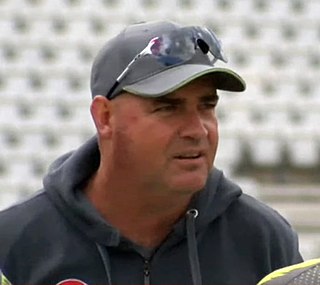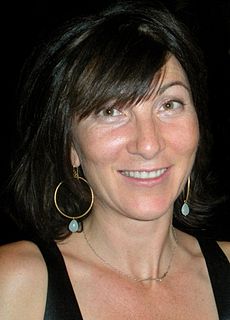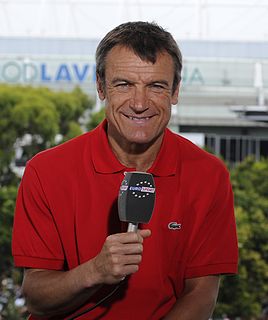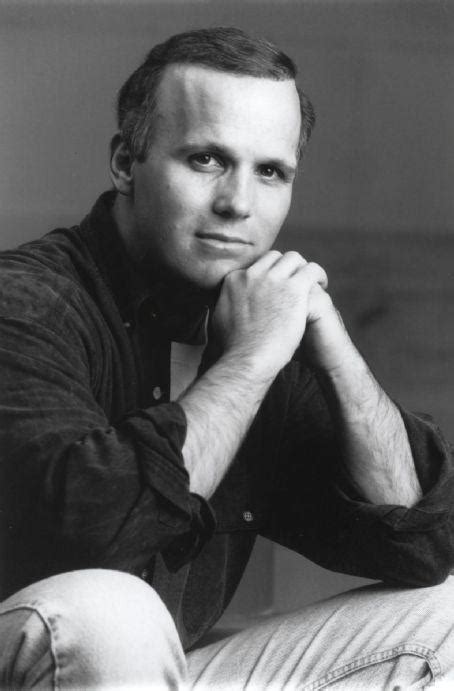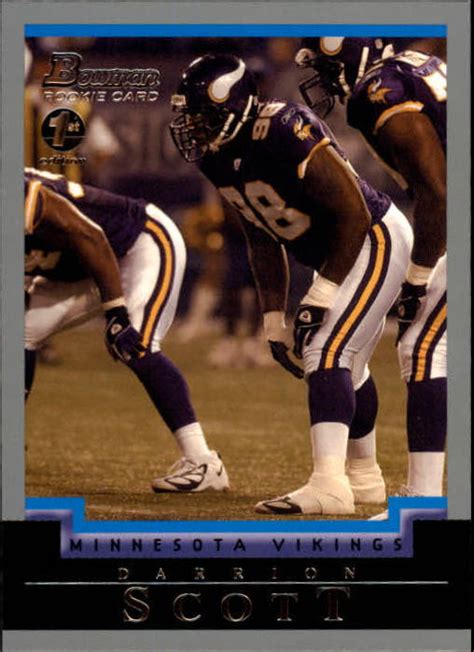A Quote by George C. Wolfe
Always, when I do a play, there's got to be an equation of risks and potential failure. When you're working on a new play, it's like, 'How the hell do I do this, and do we have the time?' All of these huge questions engage, hopefully, the smartest part of me. And then when you're doing a revival, I went, 'Well, somebody's already solved it.'
Related Quotes
For me, on every project, I realize that I've boxed myself into a corner, or that the play necessitates some sort of theatrical convention that I realize I hate while I'm making it. So then the next play is always a rebellion. Or like, the thing I didn't even realize I was doing last time I will make sure I don't do this time. But there's always some other blind spot. And then that blind spot inspires the play that comes after.
I was doing a play in New York, which we had done in New Haven, Connecticut. It was an American premiere of a play called The Changing Room written by a wonderful man named David Story. It was about a rugby team in the North of England. It got just screaming rave reviews. At that time, virtually every major critic went up to the Long Wharf Theater to see a new play like that.
Studying music involves a lot of mathematics and a lot of exercises of memory. Or you've got to be able to be like somebody, to play like somebody, to play Mozart's music the way he played it and how he intended it. You've got to make it perfect, and that's not what I want to do. Although it is beautiful.
See, if you put a musician in a place where he has to do something different from what he does all the time, then he can do that - but he's got to think differently in order to do it. He's got to play above what he knows - far above it. I've always told the musicians in my band to play what they know and then play above that. Because then anything can happen, and that's where great art and music happens.
When I was a little bitty kid, my aunt showed me how to play a little boogie. It took me years. I had to play the left-hand part with two hands, because my hands was so little. Then as I grew up and I learned how to play the left-hand part with one hand, she showed me how to play the right-hand part, and et cetera. My Uncle Joe showed me how to play a little bit different boogie stuff. I had people in my family that was professional musicians, but I just wasn't interested in what they did. I wasn't very open-minded to a lot of music that I'd be more open to today.
It's one of the best feelings in the world to hit the quarterback like that, hear the crowd go crazy, and then to watch it on film. You look forward to those types of plays. The best part about it is that you never know when it's going to come. Every play you've got to go hard and every play you've got to think and believe that you're going to get that quarterback sack. If you don't get it that play it might be the next play so you've always got to be thinking about it, and when it comes, it's the best.
It's a risk-reward thing. If I do go out and try and play and get hurt again, then I'm definitely out. I've got no chance to go. If I'm ready, then great. It's getting better. I've been doing a lot more in the last couple of days. I've got a day off (on Wednesday) and then hope to come back in on Thursday and really see where I am at and test it out. Hopefully I'm going to play this weekend but, in reality, we'll see.

